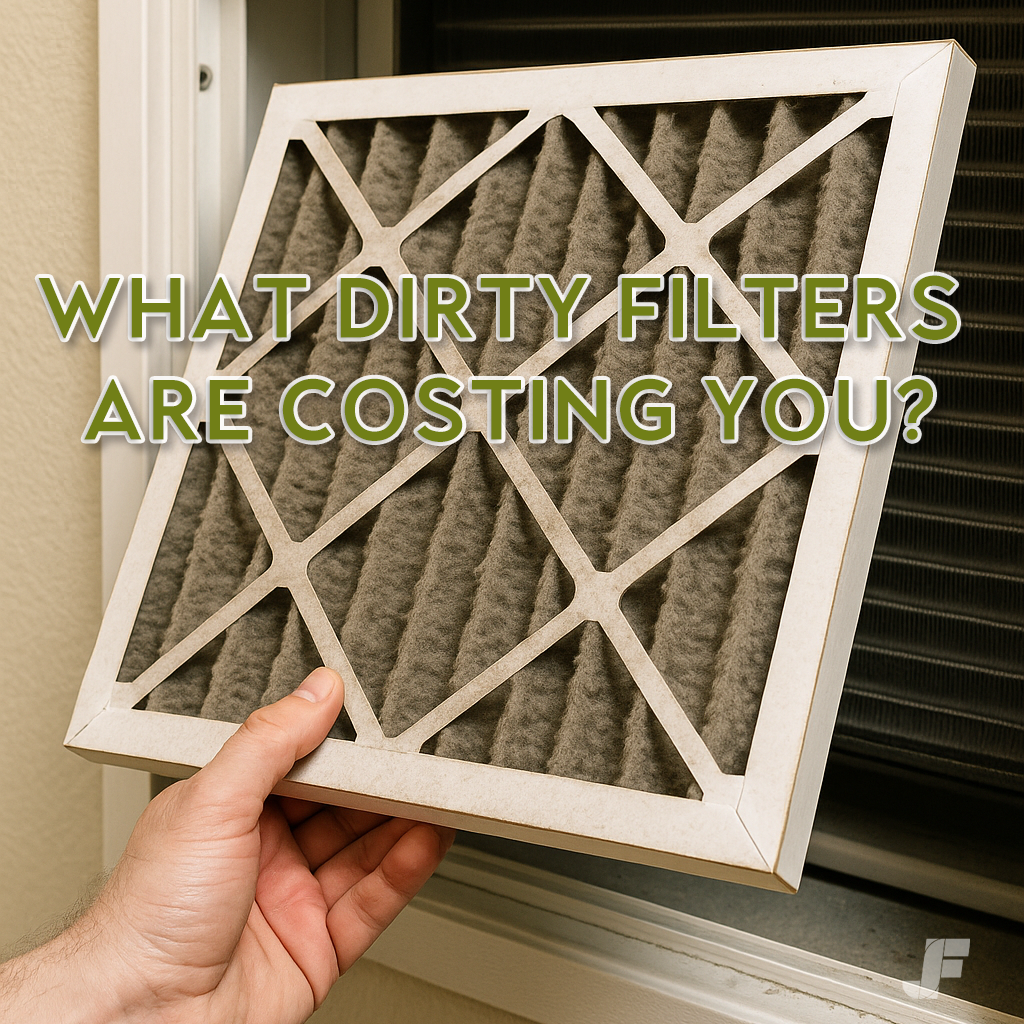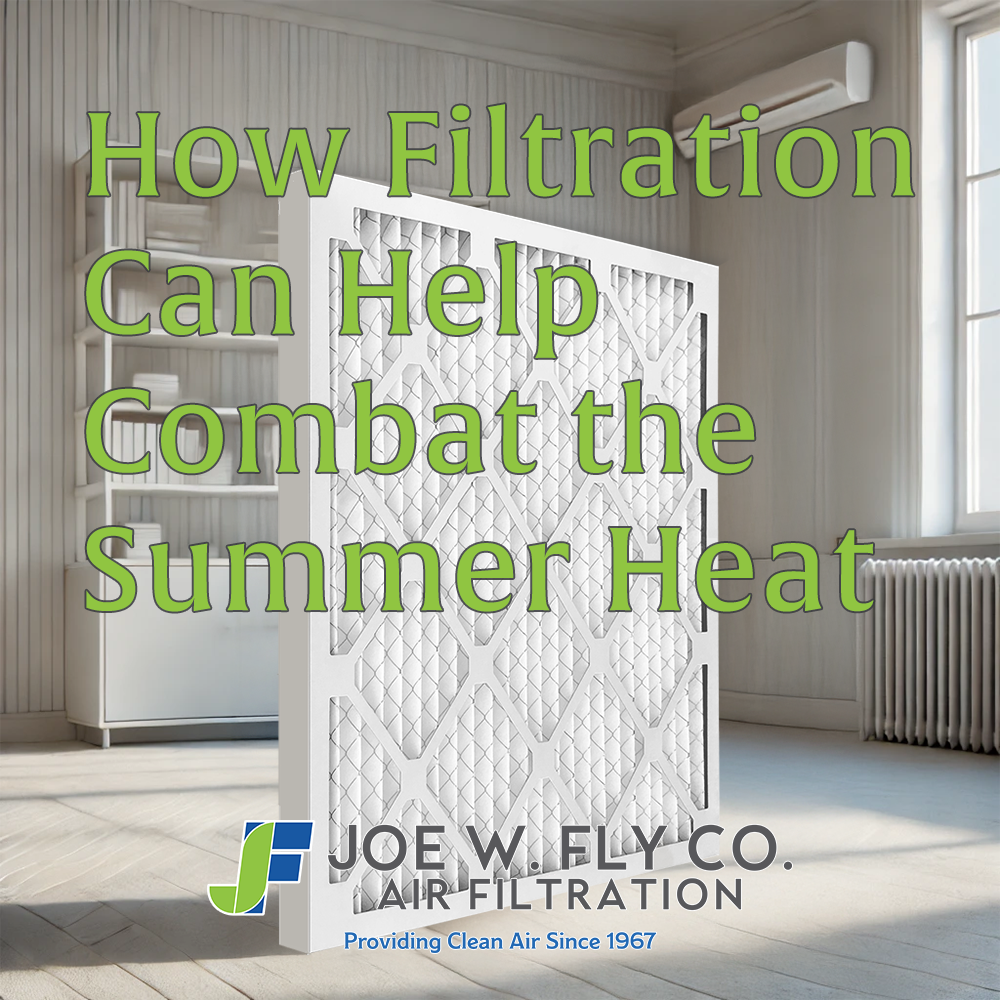What Dirty Filters Are Costing You?
Air filtration is a fundamental component of modern building management. It protects sensitive equipment, ensures occupant health, and maintains operational efficiency. Yet, the simple act of filter maintenance is often overlooked, leading to significant and escalating costs.
Changing Air Filters in the Cooler Months?
Your HVAC system works year-round, and the filter inside it still needs attention. Changing it regularly in the fall and winter is one of the simplest ways to keep your home or building comfortable, efficient, and healthy.
How Often Should You Change Your Filters?
How often should you really change your filters? It’s one of the most common HVAC questions, yet the answer often feels frustratingly vague. You might hear recommendations like "every three months," but in commercial and industrial settings, one size never fits all. At Joe Fly Co., we know that smarter filter schedules can save time, money, and effort while enhancing air quality. Here’s a detailed guide to help you move beyond guesswork.
How Filtration Can Help Combat the Summer Heat
Summer often brings sweltering heat, allergens, and skyrocketing energy costs, making it a challenging season for maintaining indoor comfort. While air conditioning systems bear the brunt of keeping spaces cool, air filtration plays a critical—yet often underrated—role in ensuring optimal indoor air quality and temperature management.
Air Quality in Educational Facilities
Educational facilities should be safe places for both students and staff members, not only in a physical sense, but also in relation to the air being provided for those occupants to breathe. It should be the facility’s obligation to create a safe learning space for the people within their buildings.
Improving Your HVAC’s Health
Microbial growth in your HVAC system can reduce energy efficiency and contaminate the air in your building. Inside the HVAC system, it is often cold, dark, and wet providing the perfect environment for mold and other microbial organisms to grow. Any spores or particles released into the airstream below the filters will go directly into the air you breathe. In the aftermath of COVID-19, you might consider adding a disinfectant coil cleaning solution to your preventive maintenance plan.
HVAC Pressure Drop: FAQ for Building Operators
Somewhere in your system, there are fans blowing air through the ducts. Anything in the pathway of this air is going to cause resistance. Pressure drop is the impact of this resistance on the flow of air through your system, and air filters can directly impact this.
Protecting Your Product: The Benefits of Paint Filtration
The importance of paint filtration in industrial HVAC systems is twofold. Firstly, it ensures the quality of the final product. Poor filtration of paint particles and fumes can cause them to settle on the surface of the painted product. This can cause product defects and impair the overall finish, leading to costly rework and delays in getting the product to market. Making the investment ahead of time with your HVAC system can reduce downtime and save you money in the long run.
UV Lights & HVAC: 3 Benefits To Know
It is generally recommended to replace UV bulbs every 12-18 months, depending on the specific product and the frequency. Some UV light systems will have a timer or indicator to let you know when to replace the bulbs. It is essential to follow the manufacturer's recommendations for replacing the UV bulbs.
HVAC 101 - Basics of Filtration
The primary purpose of HVAC filtration is to protect the HVAC equipment and maintain its performance by preventing the buildup of dust, dirt, and debris on components such as coils, fans, and motors. Additionally, HVAC filters help remove airborne particles such as pollen, pet dander, mold spores, bacteria, viruses, and other contaminants that can affect the health and comfort of occupants.










